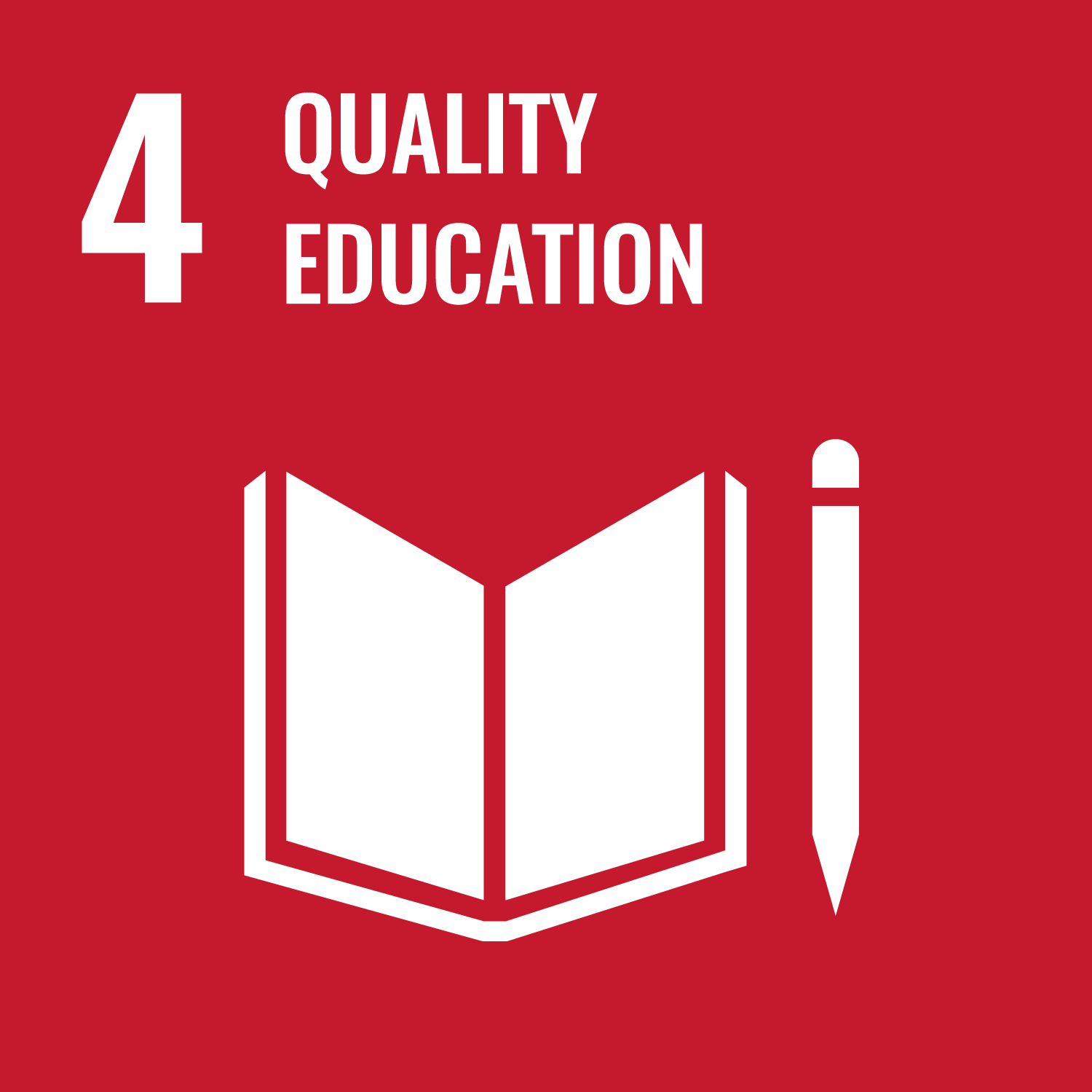SDG Detail
Master of Inclusive and Special Education
Postgraduate programProject description
The aim of the Master of Inclusive and Special Education is to provide a coherent course of study and professional experience to equip leaders in inclusive education. Students will engage with and critically reflect on contemporary research and apply theoretical learning to practice through developing resources and pedagogies that actively value students in all their diversities. A key focus will be on identifying barriers to education for many students, including common misunderstandings, and the impact of a range of social, cultural, political, economic, and environmental factors and develop strategies for addressing these barriers. The course incorporates flexible modes of delivery, is offered full-time or part-time, and is particularly suited to part-time study for practising professionals. Professional experience is an integral part of the course. All students complete relevant professional experience as part of this course.
Project aims
?
Project outcome
1. Apply and integrate advanced theory and contemporary professional practice to provide education founded on a valuing of human diversity within which every student contributes to their education communities and their contribution is recognised and valued. 2. Apply advanced and integrated knowledge of recent developments in research-based practice in differentiating curriculum and instructional strategies and selecting and designing assessment tasks, monitoring and evaluation procedures to ensure equitable educational opportunities as a right for every student. 3. Critically reflect on theory and professional practice in taking a relationship-based approach and eliciting and responding to student perspectives at the core of quality educational pedagogy. 4. Design, adapt and appraise practice to facilitate access to all aspects of education through shared communication, utilising effective strategies for individuals and communication partners. 5. Generalise assessment, curriculum planning, instructional skills and research principles to new situations in professional practice and scholarly endeavour. 6. Build from student strengths and respectfully scaffold learning and teaching to achieve a high level of personal autonomy and adaptability to analyse, synthesise and apply learning in adopting a framework of Universal Design for Learning to working towards an inclusive approach for all learners.n 7. Make expert judgments in the selection and application of evidence-based practice. 8. Critically evaluate and apply contemporary research literature in understanding and addressing barriers to quality education for all learners. 9. Independently design and implement research principles and methods relevant to the education of students who experience disability.
Related SDGs
The corresponding sustainable development goals correlated with this project. You you click the icon to link to SDG category description page.









